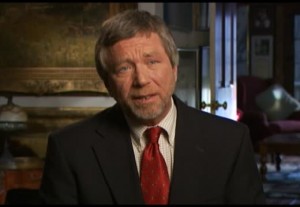
Whistleblower says antipsychotic drug maker subverted science & induced others to betray patients
Johnson & Johnson said on Thursday it will pay $158 million to settle a Texas lawsuit accusing the drugmaker of improperly marketing its Risperdal anti-psychotic drug to state residents on the Medicaid health program for the poor.
The settlement fully resolves all Risperdal-related claims in Texas, the company said. The agreement is specific to the state of Texas and does not involve other ongoing state or federal Risperdal litigation.


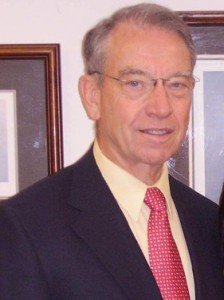
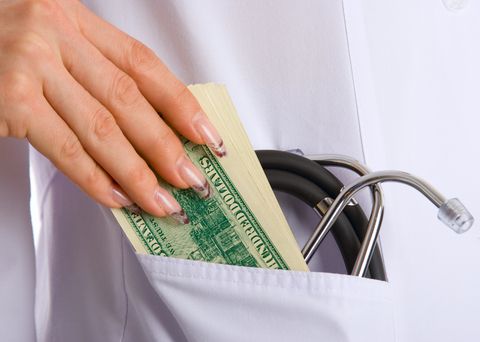
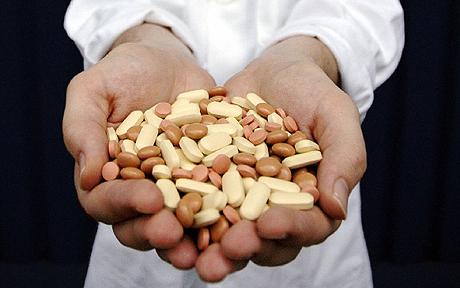
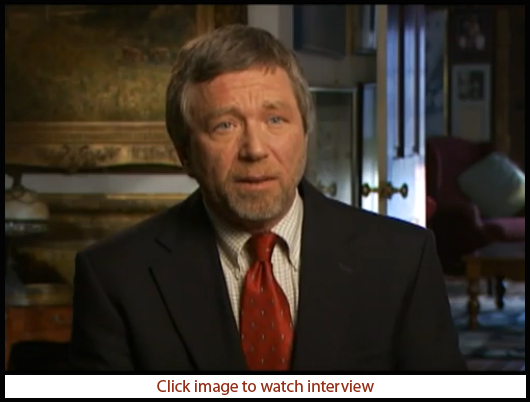
SHARE YOUR STORY/COMMENT: